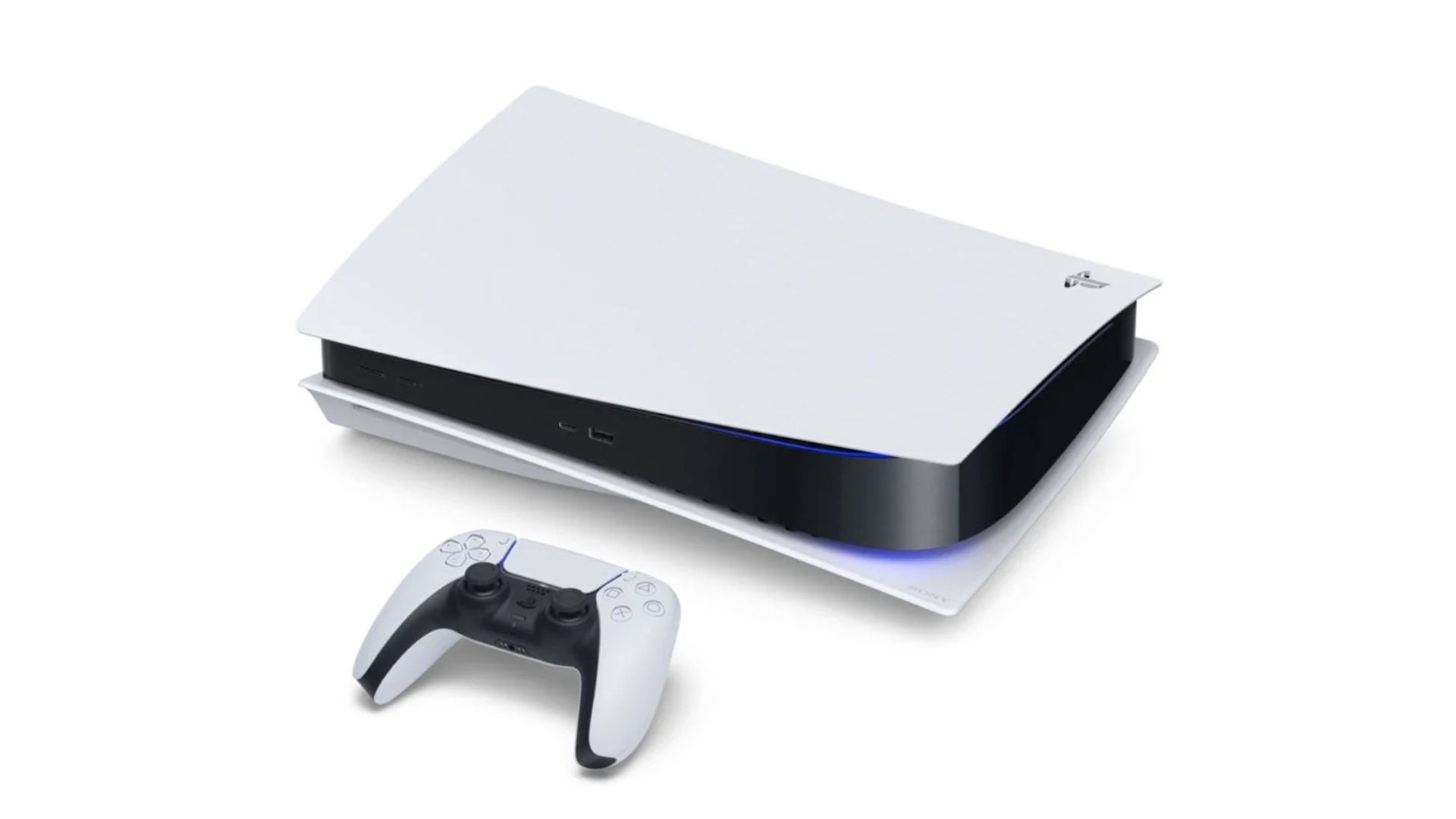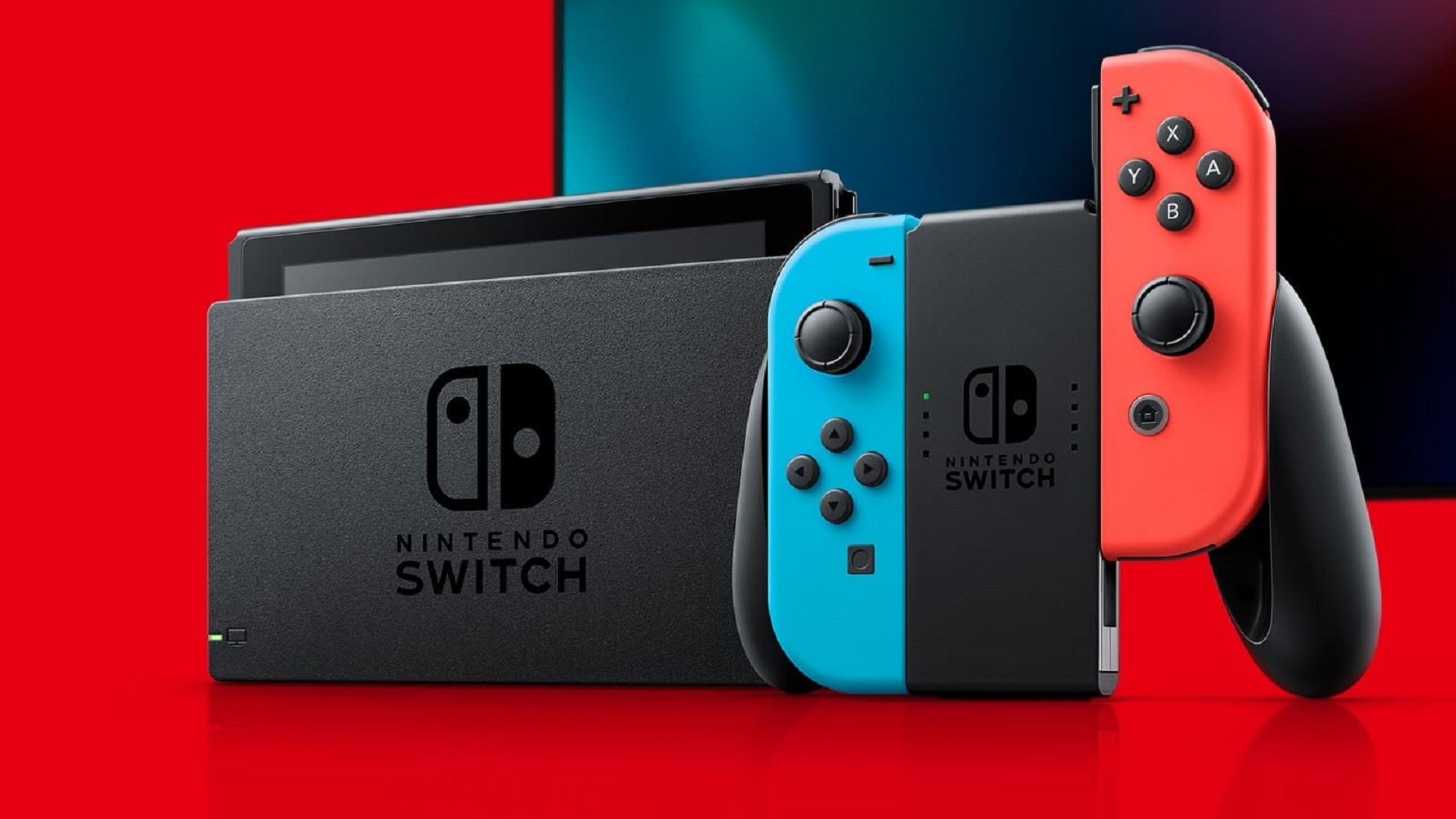
A lot has been said recently about how Sony has basically ceded the Japanese market entirely to Nintendo, losing ground in its home market entirely. And to be honest, that analysis holds true: Sony PlayStation is slowing becoming irrelevant in the Japanese market, and this is down entirely to very conscious decisions and choices that have been made by Sony.
Contrary to what many would have you believe – and there are many who will try to deflect from this observation, taking it as a criticism of PlayStation, and trying to make excuses for it – this does not have to do with any broader context of the Japanese market that PlayStation is unable to do anything about. So, no, in spite of what you might have been told, this is not because the Japanese console market, for example, is shrinking. As a matter of fact, the Japanese console market has seen growth for four years straight now, with the console market in Japan being the biggest driver of growth for the Japanese gaming industry in 2020, seeing a 16.4% increase year-on-year.
This growth was driven entirely by the Nintendo Switch, with PlayStation barely registering as a relevant factor for the market anymore. Which brings us to the second point people like to raise in response to this observation about the PlayStation brand’s dwindling fortunes in Japan – people like to believe that Japan has no appetite for home consoles anymore, that only portable systems really have a future there, and that the Switch is only doing well because it’s a portable.
This argument is also as easily debunked as the notion that the Japanese console market is shrinking, by just taking a look at the Japanese sales charts. The Switch Lite, which is the cheaper, handheld-only model of the Switch, is outsold by the hybrid model – the one that can also function as a home console – by a factor of four every week. Two of the current bestselling Switch games in Japan – and by extension, two of the current bestselling games in Japan – are games that can only be played in console mode (Momotaro Dentetsu, the surprise Switch-exclusive hit from Konami that has sold 2.5 million so far already, and Ring Fit Adventure). All evidence we have, on the hardware and software side of things, seems to indicate that Japan has absolutely no issue with home console gaming, that, in fact, it even prefers the option to play on the big screen.
You don’t even have to stick to the Nintendo ecosystem to get more evidence of this. If the Japanese preference for portables over home consoles was an actual thing, why exactly did the PS4 outsell the PS Vita? The Vita did well in Japan, sure, but the PS4 managed to outdo it even so. Why was that? If Japanese players prefer handhelds, why did they spend more money on buying a home console?
The truth of the matter is that the amateur analyses that people like to propound to try and handwave PlayStation’s declining fortunes in Japan – by saying that the console market is declining, for example, or that only handhelds can sell – are all fallacious, as even a cursory look at the data can demonstrate. So if that is the case, then why, exactly, is PlayStation doing so poorly in Japan?
There are many reasons, but in the end, this comes down to Sony very consciously choosing to align itself to focusing on the western market, and directing all of its resources towards doing so. As a result, when making decisions regarding their consoles – from the actual development of the hardware and its UI to the games Sony commissions, to even their marketing and positioning – Japan simply does not factor in much for Sony, and certainly not as much as the rest of the world does.
And it makes sense, too. When the PS3 was floundering, Sony threw everything at the wall. The PS3 got games from Sony studios and subsidiaries from around the world. Its sales, hardware and software, saw a reversal in the west, and not so much in Japan. Therefore, with the PS4, Sony chose to focus on what had worked with the PS3, while not really emphasizing what hadn’t as much – and that was a sensible and rational move, especially for a company that was financially struggling as much as Sony was at the time. And that move, then, went on to inform PlayStation’s subsequent alignment for the next decade.
To be clear, this is a totally valid and fair strategy, and it is one that has seen massive returns for Sony (after all, PlayStation did just have its most profitable quarter ever). So there’s nothing wrong with what Sony is doing, and it is working out very well for them, after all. However, it is important to note that global growth and success does not have to come at the exclusion of growth and success in Japan either – the Nintendo Switch is currently breaking sales records not just in Japan, but all over the world. It is currently selling faster than the PS4 ever did, and is set to end up having sold much more than the PS4’s eventual lifetime sales around the world. It is seeing insane software sales not just in Japan, but everywhere. It is breaking all records, including ones that PS4 set, not just in Japan, but everywhere. This growth and success in Japan has not hampered growth and success anywhere else – or vice versa. So Sony didn’t have to de-emphasize Japan as much as they did.
In the long run, PlayStation will continue to get the big AAA Japanese games, because those games have nowhere else to go – Nintendo consoles will never be technically proficient enough to run them, and PlayStation allows for a better shot at Japanese and global success for a AAA Japanese game than Xbox or PC would. So some Japanese games will continue to come to PlayStation for the foreseeable future. But some of them even get Xbox releases. PlayStation’s library has been as diverse and as varied through the generations, standing out from the competition, in part because of the wealth of smaller scale Japanese content that it gets. Stuff like Disgaea or Atelier or Atlus games – and these games have now found a new home on the Switch, with the market following them there (the Switch versions of games such as Disgaea 6, Atelier Ryza 2, and Shin Megamin Tensei: Nocturne HD have all outsold their PS4 counterparts).
And as PlayStation’s importance continues to dwindle in Japan, more and more of these games will start migrating to the Switch (there is no currently announced upcoming Atlus game that doesn’t have a Switch port, for example, and western releases of NIS games such as Disgaea 6 are eschewing PlayStation versions entirely). The bulk of the market, obviously, doesn’t care for this – as noted, PlayStation enjoys immense success even right now regardless of this shift or sidelining of Japan. But I feel like at least some part of the soul of PlayStation, as it were, will be lost, the more and more Sony continues to de-emphasize Japan to focus only on the big hits and the western market.
Note: The views expressed in this article are those of the author and do not necessarily represent the views of, and should not be attributed to, GamingBolt as an organization.















